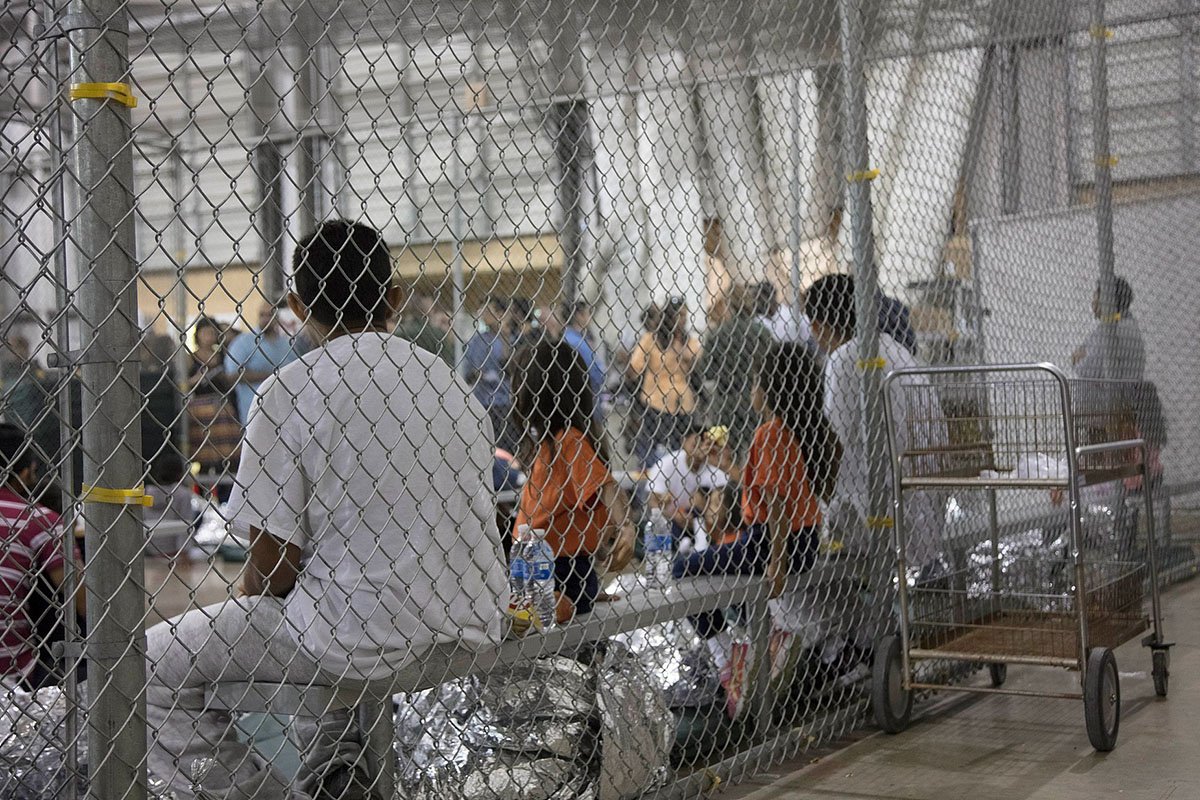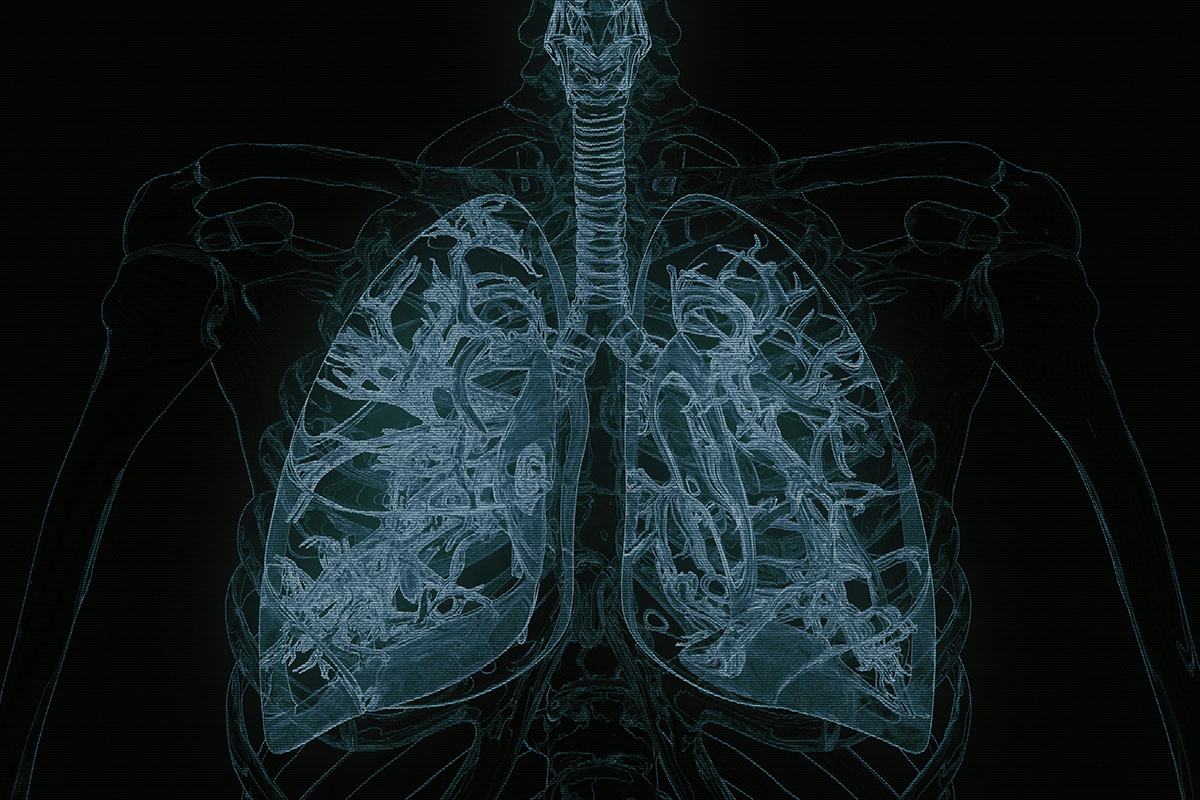March 11, 2015;San Francisco Chronicle
The NPQ Newswire has had an eye on the proposed acquisition of the Daughters of Charity chain of hospitals in California by the for-profit Prime Healthcare, with attention to both the differing perspectives of the unions whose members would be affected by the deal and to the conditions that California Attorney General Kamala Harris inserted in order for her to give approval. Citing what it called Harris’s “unprecedented” conditions, Prime rejected Harris’s requests and pulled out of the deal.
Prime’s chairperson, Dr. Prem Reddy, made the announcement, he said, with a “heavy heart.”
“Unfortunately, the conditions placed on the sale by the California attorney general are so burdensome and restrictive that it would be impossible for Prime Healthcare—or any buyer—to make the changes needed to operate and save these hospitals,” Reddy said in a statement.
Harris’s 78 pages of conditions on the deal included, according to reporter Victoria Culliver, “requiring Prime to keep the hospitals open at least 10 years, maintain the Catholic hospitals’ charity care programs, to accept Medi-Cal for the poor and to honor all pension obligations for the system’s 17,000 current and retired employees.”
What happens next? Although it is losing reportedly $150 million a year in operations, the Daughters chain of six nonprofit hospitals will begin searching for a new purchaser, armed with Harris’s conditions which would presumably be important for any replacement of Prime to understand. SEIU-United Healthcare Workers opposed the deal with Prime, while the California Nurses Association and the National Union of Healthcare Workers supported the transaction. Now both will have to work with Daughters management and probably state government as well to conjure up an alternative to save the six safety net hospitals.
The Seton Medical Center in Daly City is reputed to be in in particularly dire straits, in need of seismic upgrades and in such bad shape that the capital requirements for that facility alone could be around $350 million.
Sign up for our free newsletters
Subscribe to NPQ's newsletters to have our top stories delivered directly to your inbox.
By signing up, you agree to our privacy policy and terms of use, and to receive messages from NPQ and our partners.
The San Francisco Business Journal’s Chris Rauber outlined three possible scenarios for the future of Daughters:
- Find a new purchaser for the six hospitals—for example, Blue Wolf Capital Partners, a New York-based private equity firm that had been recommended by the SEIU. However, it isn’t clear that under Harris’s conditions, Blue Wolf would be any more interested in the acquisition than Prime.
- Sell each of the hospitals individually, though it might be difficult to sell the chain piecemeal, given that Seton is in such bad shape and is located near the San Andreas Fault to boot. SEIU claims that there are “two major nonprofit healthcare providers” interested in some of the facilities.
- File for bankruptcy. A Prime spokesperson said that it might be willing to purchase some Daughters assets during the bankruptcy process, but the problem of Harris’s conditions would still remain.
Reportedly, Blue Wolf is once again interested, though it is hardly a nonprofit and doesn’t have much experience as a firm in operating hospitals (although it has put together an acquisition team of people with hospital management experience).
Plenty of observers find neither surprise nor displeasure in the fact that Prime has bolted. Writing for the Los Angeles Times, Michael Hiltzik suggested that what Harris did was make Prime’s proposed commitment to keep the hospitals open a requirement, and Prime’s pullout showed that it was really bluffing.
“The fact that Prime is backing down because the attorney general said, ‘Let’s make these commitments stick’ suggests they had no intention of keeping them,” Anthony Wright, executive director of the Sacramento-based consumer group Health Access, said about the collapse of the deal.
Don’t expect the Prime/Daughters dynamic to be the last of the merger/acquisition controversies in healthcare. While Prime was considering Harris’s conditions on the Daughters acquisition, it was acquiring Mercy Suburban Hospital in the Philadelphia area from Trinity Health (which had merged with Catholic Health East). Under Prime’s ownership, Mercy will no longer be a Catholic hospital and will be renamed.
In Connecticut, a deal with Tenet Healthcare Corp. to buy five hospitals from Eastern Connecticut Health collapsed, with Tenet charging that the state’s four dozen conditions on the acquisition were “unreasonable,” the same charge levied by Prime against AG Harris. Defenders of Governor Malloy’s stance on Tenet suggested that the deal would have required the state to scuttle many of its own hospital regulations.
Regardless of how the Prime Healthcare deal was scotched and who is blaming whom, there is little question that in 2015, the pressures for consolidation among healthcare providers seem likely to continue and even increase. One wonders whether there will be state officials comparable to Harris and Malloy who will stand firm with conditions meant to protect safety net hospital services for their constituents and, as a result, take the heat of disgruntled purchasers who might have liked to pick up a hospital chain here and there without a strong public interest requirement in the transactions.—Rick Cohen












